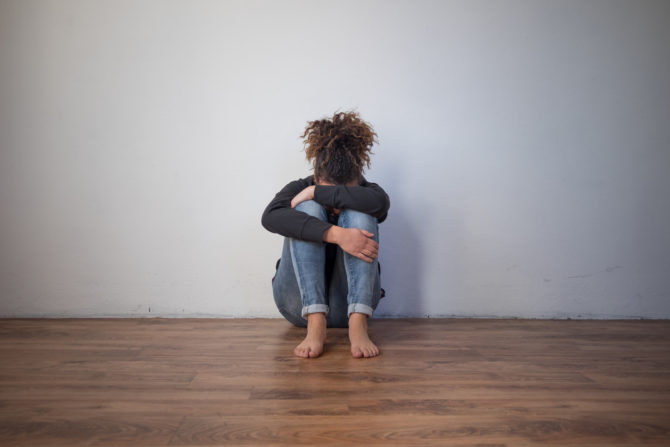
Most people enjoy the indulgent spirit of the holidays, drinking more than normal, partaking in countless festivities and binging on celebratory food. Though the season evokes a tendency towards excess, it’s important to keep a balance, just like any time of year.
If you’re struggling with eating disorder recovery around the holidays, you’re not alone. Moderating food during this time can be a more difficult challenge given the numerous gatherings and the pressure to over-indulge.
What triggers eating disorder relapse?
There are several types of eating disorders and anyone can be affected by one, although they tend to occur more commonly in women than men. The things that trigger eating disorders tend to be as diverse as the individuals who have them, but there are some common threads in eating disorder triggers.
Here are common eating disorder relapse triggers.
- Social pressure
- Comparison and insecurity
- A lack of emotional control
- Poor self-esteem
- Stress
- Social events with food
- Large, indulgent meals
- Company that makes a person feel uncomfortable
- Interpersonal conflict
- The presence of foods someone would normally avoid
Around the holidays, all the normal eating disorder relapse triggers await, compiled with the ones that are associated with the holidays. Keeping your triggers in check during the holidays requires diligence, commitment to treatment goals and support.
How common is eating disorder relapse?
It’s important to consider eating disorder relapse rates as a serious issue in our society. Eating disorders are the second most dangerous mental health disorder, second behind opioid use disorder, according to the journal World Psychiatry.
Not only are these conditions serious, but eating disorder relapse rates are high, too. A study by the BMC Psychiatry journal found that relapse rates for anorexia were around 35 percent within the first 18 months and around 41 percent for bulimia within the first two years.
Eating disorders affected by the holidays
Eating holistically during the holidays is a challenge for various eating disorders. Some individuals may struggle to eat enough nutritious food during the holidays, others may have sensory blocks to eating right and some may find that binging is hard to conquer this time of year.
Here are the different ways that unique eating disorders could be triggered by this season.
Binge eating disorder: binge eating disorder is characterized by the consumption of large amounts of food in a small matter of time. Someone who struggles with binge eating disorder may feel unable to control periods of binging.
Binge eating disorder could easily be triggered around the holidays. Attending parties, gatherings and dinners are all generally food-focused around this time of year, making it difficult to control urges to binge. It may be impossible to arrive late to an event to avoid food.
Anorexia: anorexia is characterized by consuming fewer calories than is healthy. Someone who struggles with anorexia may have a hard time during the holidays due to perceived appearance and the fear of weight gain.
Someone with anorexia may compare body image to friends and relatives, use extreme dieting as a coping mechanism for insecurity or mental health or take extra measures to avoid weight gain due to fears of “caving” around the holidays.
Bulimia: bulimia is characterized by the behavior of binging and purging. Someone who struggles with bulimia may have a hard time being around large amounts of food, especially foods that this person would generally avoid.
Buffets, platters of appetizers, trays of sweets and food that is out and available for long periods of time can make it hard to resist overeating. The guilt and physical discomfort that follows could lead to purging and a feeling of shame.
Avoidant/restrictive food intake disorder: someone who struggles with ARFID experiences disrupted eating due to consuming non-nutritional foods. A person with this disorder will appear to be picky and avoid certain foods due to color, taste, smell, temperature and so forth.
Eating disorder relapse may occur for someone with ARFID due to fewer food choices. Attending events with food generally means you eat what’s offered, and for someone with a restrictive diet, this can trigger poor eating or avoiding food altogether.
Eating disorder recovery
If you’ve struggled with an eating disorder, the holidays can feel overwhelming. Managing triggers and fighting to defy eating disorder relapse rates is a lot for any one person to handle on her own. If you’re looking to overcome an eating disorder, but are struggling to make progress, it’s time to begin treatment.
Eating disorder recovery can offer you the tools, support and nutritional assistance you need in the busy and challenging times of life. Whether you’re aiming to move past a holiday relapse or avoid one from the get-go, Seeds of Hope can help.
Seeds of Hope offers eating disorder recovery treatment through in-person services and teletherapy. Find the hope, healing and happiness you’re looking for. Call today.


